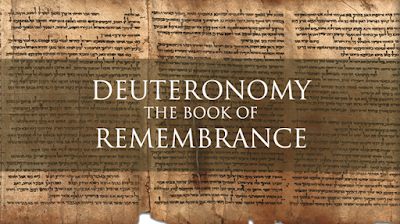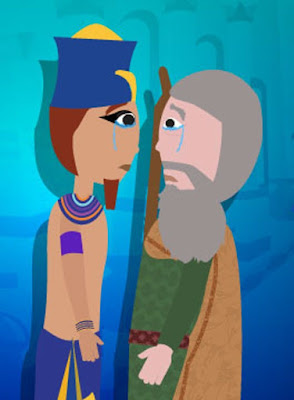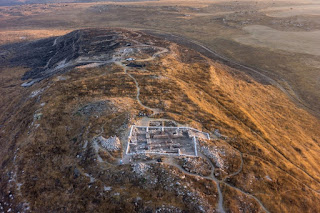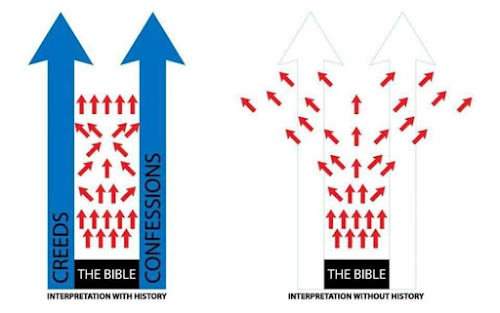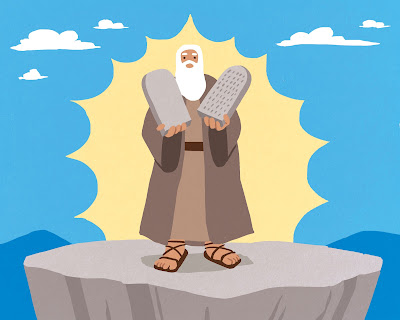"SIX INCHES" - Did Paul really say, "It is good for a man not to touch a woman"?

“SIX INCHES!” This was the standard rule for members of the opposite sex through most of my childhood and into my teenage years. Touching was prohibited, which left even a handshake or high five with a girl seem oddly inappropriate. The basis for this was from a passage of scripture in 1 Corinthians chapter seven, and as far as verses that were to be memorized, it ranked right up there with John 3:16. This verse reads, “Now concerning the things whereof ye wrote unto me: It is good for a man not to touch a woman. Nevertheless, to avoid fornication, let every man have his own wife, and let every woman have her own husband.” (1 Corinthians 7:1,2) The reasoning that was given for this statement was that since committing fornication requires touching, Paul is saying that the best way to avoid fornication is unmarried people to keep from touching each other. But the question that a study of the text, in context, brings is, “Did Paul really say that it is good for a man not to touch a woman

